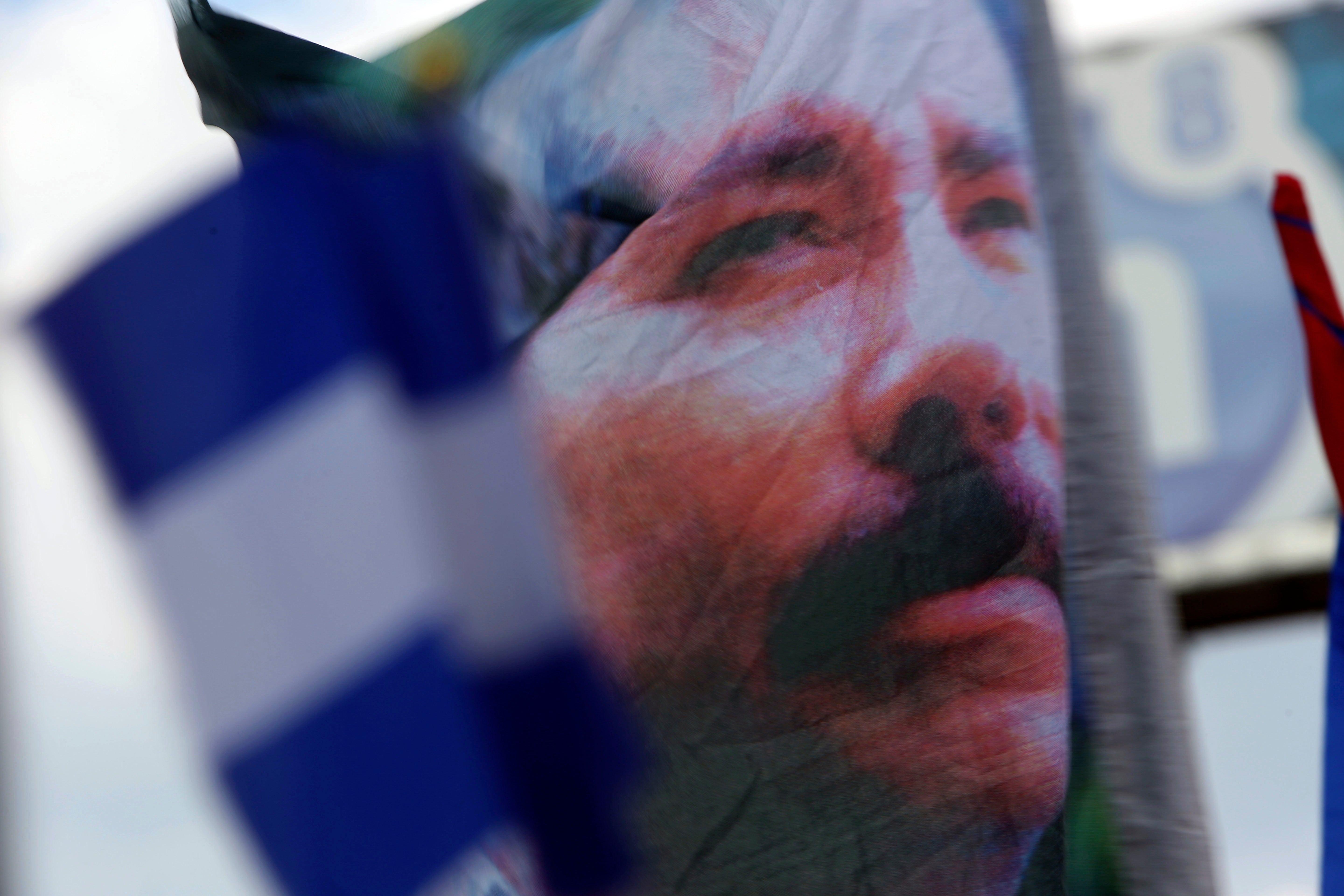Nicaragua confiscates properties of 222 opposition exiles
The government of Nicaragua has announced the confiscation of properties belonging to 222 opposition figures who were forced into exile in February after being imprisoned by the regime of President Daniel Ortega

Your support helps us to tell the story
From reproductive rights to climate change to Big Tech, The Independent is on the ground when the story is developing. Whether it's investigating the financials of Elon Musk's pro-Trump PAC or producing our latest documentary, 'The A Word', which shines a light on the American women fighting for reproductive rights, we know how important it is to parse out the facts from the messaging.
At such a critical moment in US history, we need reporters on the ground. Your donation allows us to keep sending journalists to speak to both sides of the story.
The Independent is trusted by Americans across the entire political spectrum. And unlike many other quality news outlets, we choose not to lock Americans out of our reporting and analysis with paywalls. We believe quality journalism should be available to everyone, paid for by those who can afford it.
Your support makes all the difference.The government of Nicaragua announced Friday it has confiscated properties belonging to 222 opposition figures who were forced into exile in February after being imprisoned by the regime of President Daniel Ortega.
Those taken from prison and forced aboard a flight to the United States on Feb. 9 included seven former presidential hopefuls, lawyers, rights activists, journalists and former members of the Sandinista guerrilla movement.
The court system wrote in a statement that the opposition figures had been declared “traitors to the homeland.” They are also being stripped of their citizenship, measures that have been criticized as an example of banishment, in violation of international norms.
The statement claimed that the dissidents lost their rights to their properties and any shares in companies in NIcaragua, after being convicted of “committing acts against the nation's sovereignty, independence and self determination.” Those trials were often rushed and completed within hours inside prison walls.
Tamara Dávila, one of the 222 exiled opposition activists, said the confiscation “is completely illegal from any point of view.”
“In political terms, this just shows the regime is in decline, and has to resort to robbery to show strength,” she said.
In February, the Ortega regime cancelled the citizenship of 94 political opponents, including writers Sergio Ramírez and Gioconda Belli, who are in exile but were not among those flown to the United States.
Thousands have fled into exile since Nicaraguan security forces violently put down mass antigovernment protests in 2018. Ortega says the protests were an attempted coup with foreign backing, aiming for his overthrow and encouraging foreign nations to apply sanctions on members of his family and government.
In the run-up to Ortega’s re-election in November 2021, Nicaraguan authorities arrested seven potential opposition presidential candidates to clear the field. The government also has closed hundreds of nongovernmental groups that Ortega accused of taking foreign funding and using it to destabilize his government.
Spain has offered its citizenship to the 222 exiles, while the U.S. granted the Nicaraguans a two-year temporary protection.